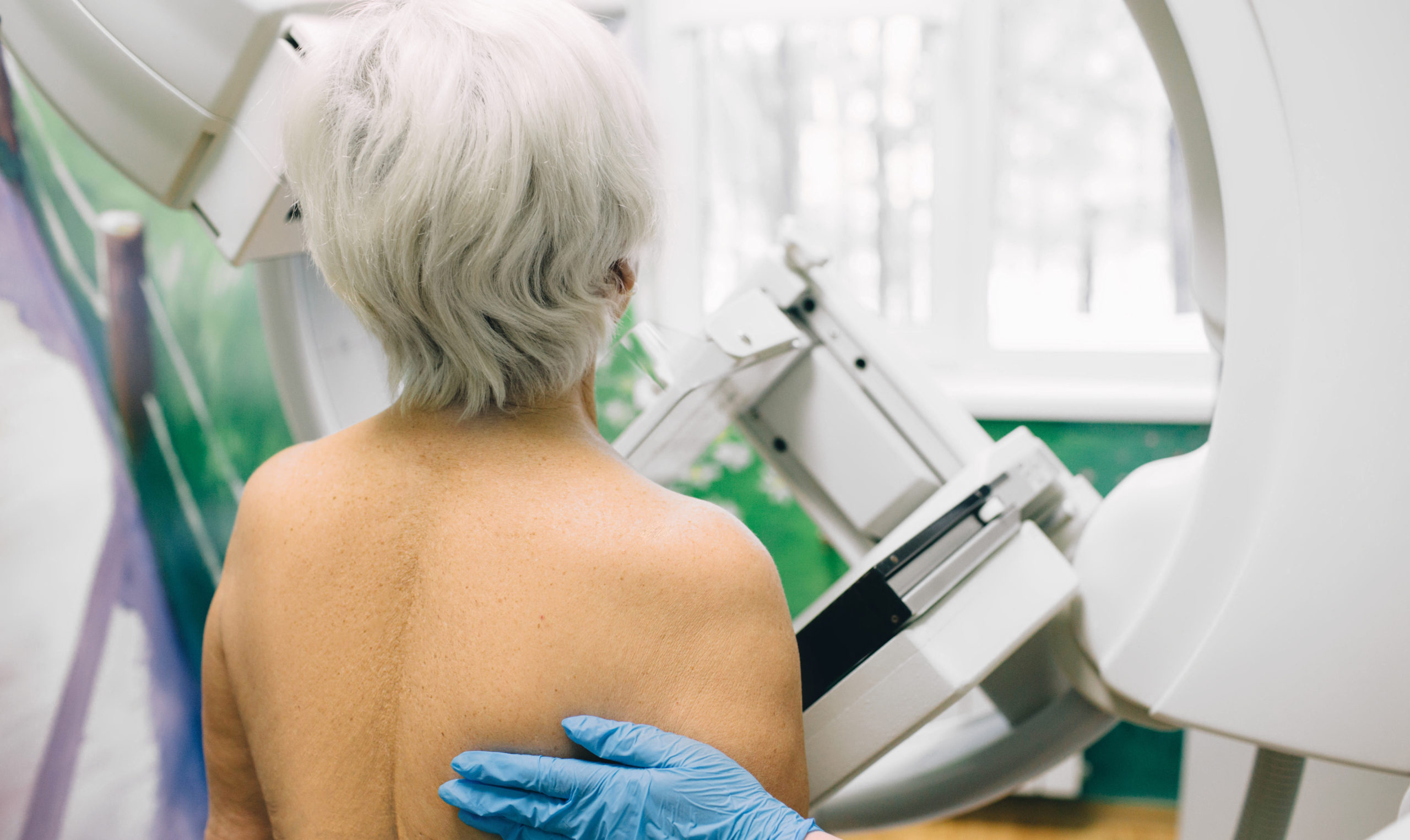If you dread your annual mammogram, you’re not alone. For many women, this breast cancer screening examination can be painful, stressful, and just an overall hassle.
You may wonder, are you old enough to give it up? If you’re over age 75, the answer is: maybe or maybe not. The fact is, breast cancer screening isn’t right for all older adults, but there’s no expert consensus on the right age to stop. This is mostly because scientific evidence in this area is lacking, says Dr. Kathryn Rexrode, associate professor of medicine at Harvard Medical School and chief of the Division of Women’s Health at Brigham and Women’s Hospital. Each woman really needs to decide whether to continue mammography based on the risks and benefits of the procedure for her unique circumstances.
Weighing the decision
What is known is that breast cancer is a disease that disproportionately affects older women, says Dr. Rexrode. About half of the women diagnosed each year are over 60, and 20% are over 70. “However, the rate of new cancers does seem to decline slightly in women over the age of 75,” she says. A 2012 study in the European Journal of Public Health found that some 3.3% of women over 75 will be diagnosed with breast cancer. Of those women, one in three will die from the disease.
“Advantages of mammography include early detection of cancer, and this early detection may facilitate earlier access to treatments,” says Dr. Toni Golen, editor in chief of Harvard Women’s Health Watch. In addition, many breast cancers that occur in older women may be easier to treat than those that more typically occur in younger women. “Breast cancers in older women tend to be estrogen-receptor positive,” says Dr. Rexrode. This means that treatment won’t necessarily require chemotherapy, and doctors may be able to instead use hormone therapy, which is typically well tolerated by most. Hormone therapy can be carried out using a type of medication known as aromatase inhibitors, such as anastrozole (Arimidex), exemestane (Aromasin), and letrozole (Femara), which slow the body’s production of estrogen. Another option, tamoxifen (Genox, Istubal, Nolvadex, and Valodex), prevents estrogen from entering and fueling growth in cancer cells.
Drawbacks to consider
While there are certainly benefits to diagnosing and treating cancers in older women, there are risks to factor into the equation as well. These include:
- The risk of false positives. “Mammograms are screening tests and are designed to detect as many cancers as possible. Screening tests have a certain number of false positives on purpose in order to catch as many cancers as we can,” says Dr. Golen. False positives (mammograms that look abnormal but there’s no real cancer there) will trigger further testing or a biopsy, and this is a procedure that some older patients may opt to avoid, according to Dr. Golen. This additional workup may find that a woman doesn’t have cancer,






